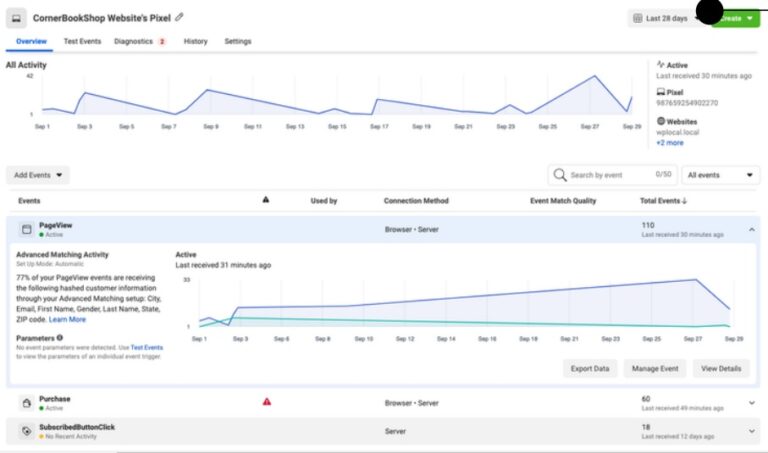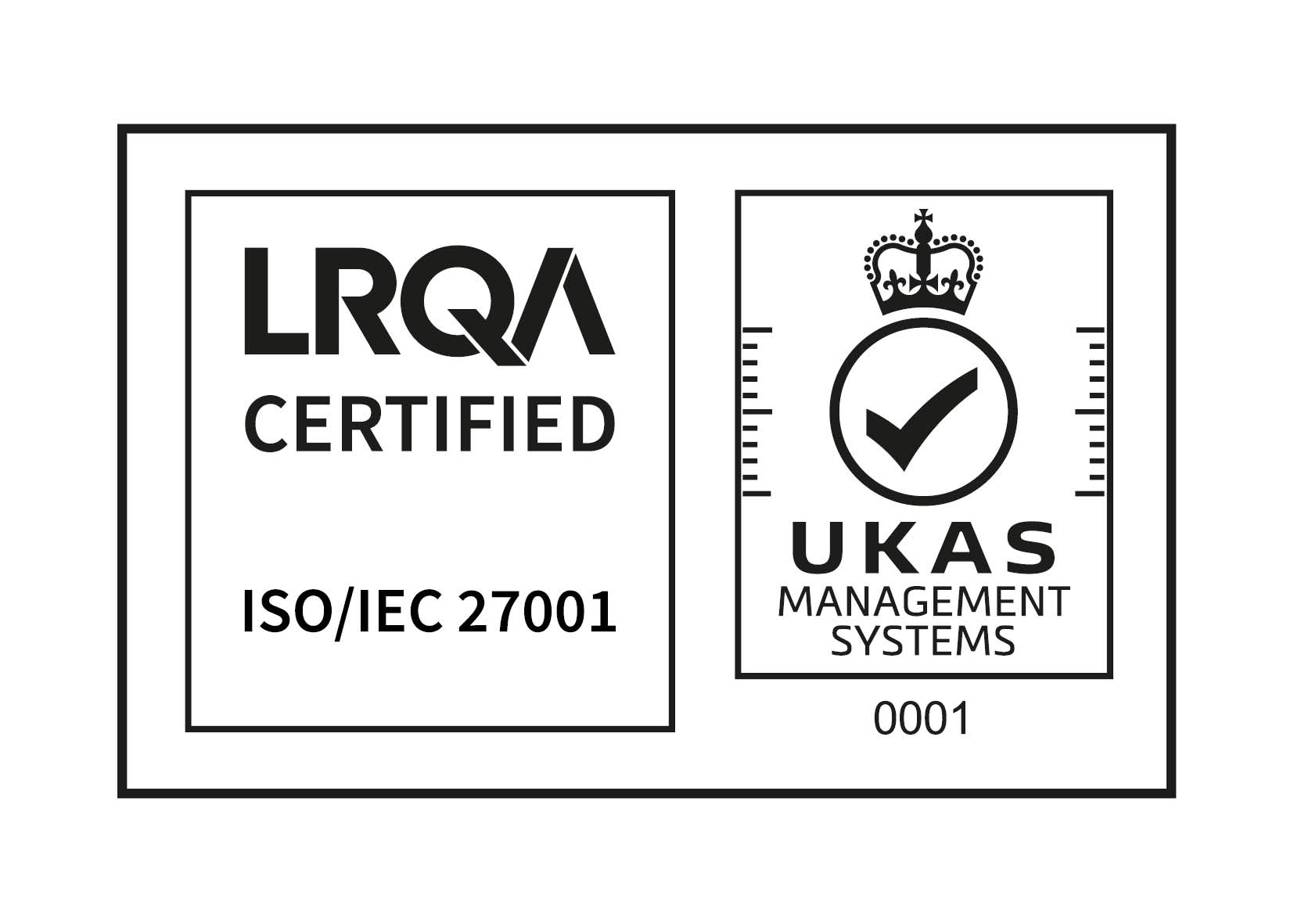The Why
We are living in an age where we have more data than ever before.
As a result, marketers now have the opportunity to be able to analyze large datasets in order to understand their customers’ actions and preferences better.
It allows us to understand what kind of messaging will resonate with them or how many times a brand should reach out on social media before people start unsubscribing or critically, in the insurance industry whether a lead is likely to become a policy holder.

iOS 14.5 = Everyone Lost Data
iOS 14.5 resulted an average 63% more expensive CPL and an average 38% signal conversion loss in the insurance sector
- iOS 14.5 was a major update introduced in May 2021 that includes a feature called Identity Resolution, which was implemented by Apple to help users maintain their privacy and prevent cross-site tracking through cookies and other means.
- This change has had a substantial impact on mobile marketers, who now need to adjust their third-party attribution methods or risk losing valuable conversion data for the foreseeable future.
- For example: if you target an ad to someone via Facebook’s conversion API but they don’t click on it before iOS 14.5 rolls out, then your campaign will be marked as “unviewed” in Facebook (even though they did see the ad).
- The update means that the ability to optimize against performance in the way we used to, is no longer possible.
The Rise of Measurement Studies To Assess Performance
Measurement studies represent one of the most powerful ways for marketers to generate data in support of their efforts that actually impacts their bottom line – it is data science in practice.
In order to create solutions for tracking data loss, a number of measurement studies and attribution models have been created to evidence growth and performance.
Marketing Mix Model determine how well your marketing efforts are doing by split testing the marketing mix, trying different strategies to determine what works best.
Geo Lift Model examines how much your efforts have increased conversions in a given area, and then compares those results to what would have happened if you hadn’t done any marketing at all.
Individual platforms have arrived at their own solutions to tackling cookie loss – Meta/Facebook created CAPI for this purpose.

CAPI: Meta / Facebook's Conversion API
We keep hearing that CAPI is hard to implement, but the reality is that a basic implementation is straight forward with the right support.
As pixel tracking is phased out and the privacy landscape online ever changing, advertisers need a solution for measurement, reporting and optimization. Meta has created Conversion API – CAPI to tackle this challenge.
It uses anonymised server technology to create a direct connection between brand marketing data and the Facebook systems. It helps you to use your own marketing data to optimize performance.
Effective implementation of CAPI gives you performance scale back and enables marketers to optimise to CPA on a targeted basis.
Implementing CAPI
At Rocketer, we often hear that CAPI is too difficult to implement and despite huge data loss, businesses are going without critical business information which can be achieved in a straightforward way with CAPI implementation.
- Basic implementation allows us to recover lost pixel signal
- Intermediate implementation allows us to measure vital metrics that were previously untracked or lost: telephony conversions or App Downloads
- Advanced implementation is a custom model to move client to ROAS by assigning value to the Lead > Registration > Policy journey

Case Study: Increasing Meta Performance for a Life Insurance Brand
To tackle how much incremental performance is driven across Meta, we used our advanced implementation of CAPI to run a series of split tests.
These tests ensured accuracy whilst maintaining stable performance on the account.
We left core activity running for stability and added a split test, spending no more than 20% of the budget.
These tests enable us to continually optimise the performance of the account.
These results are from just one month of implementing the changes.


